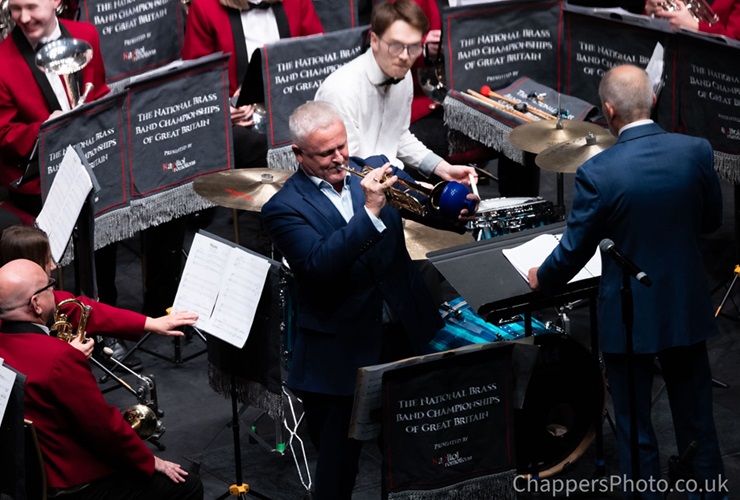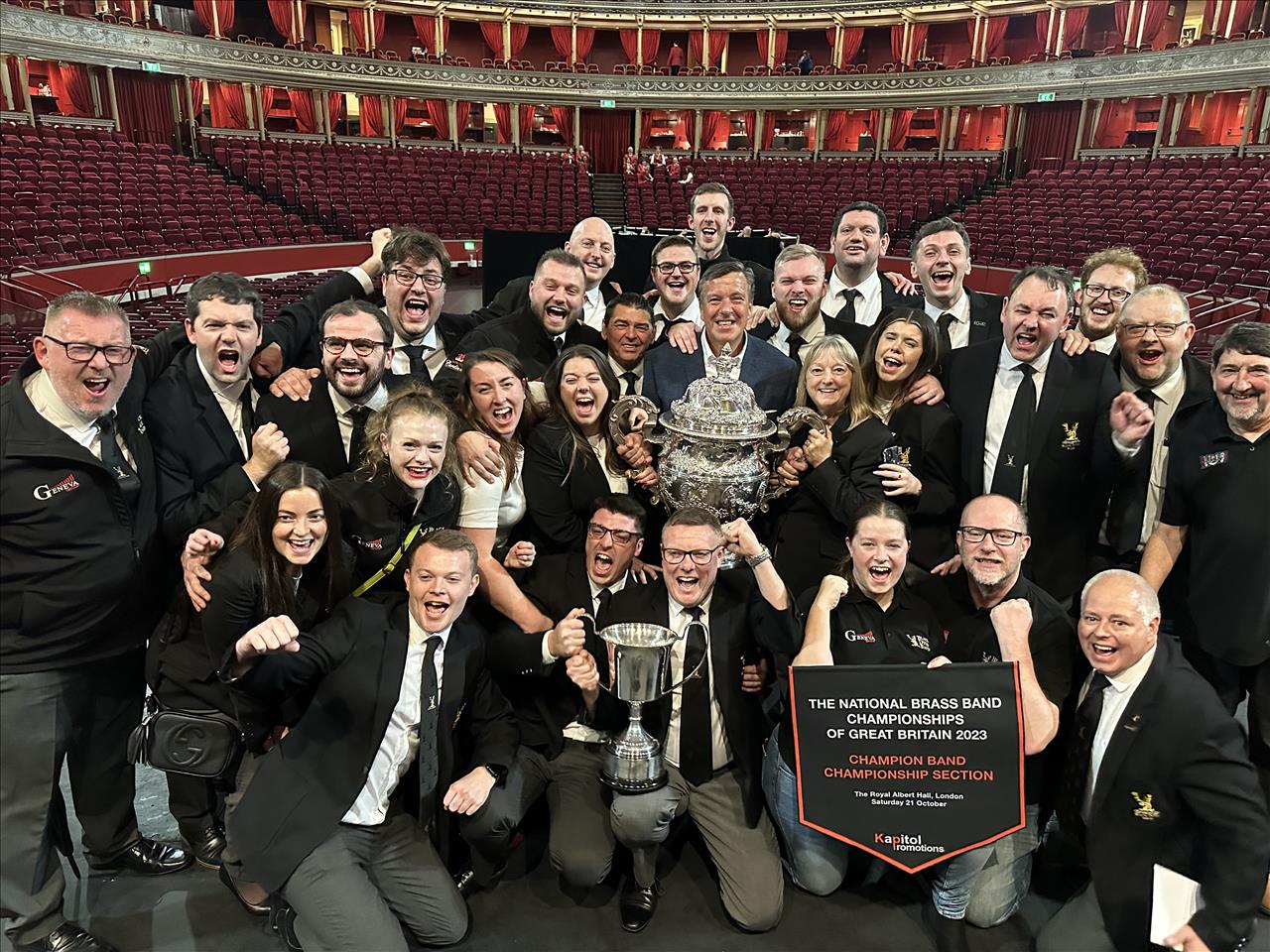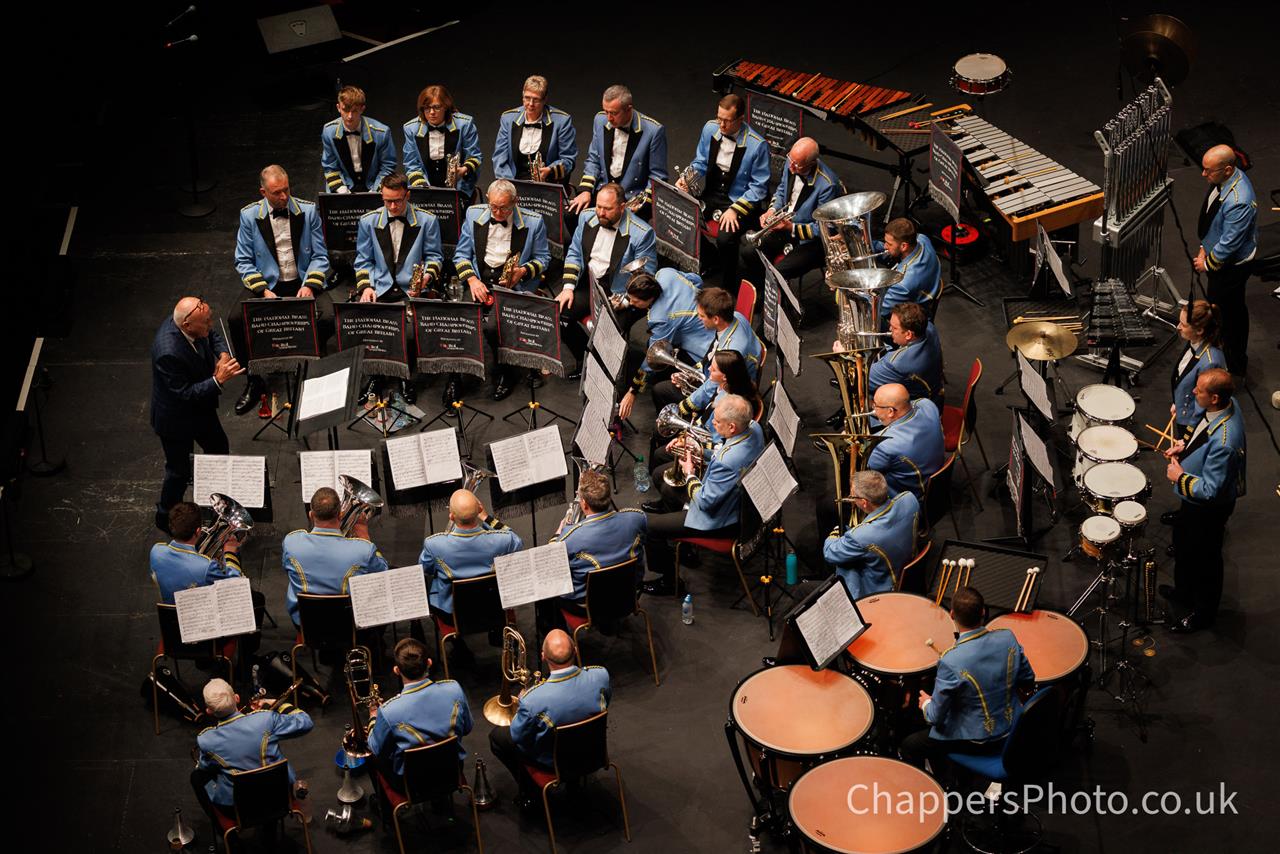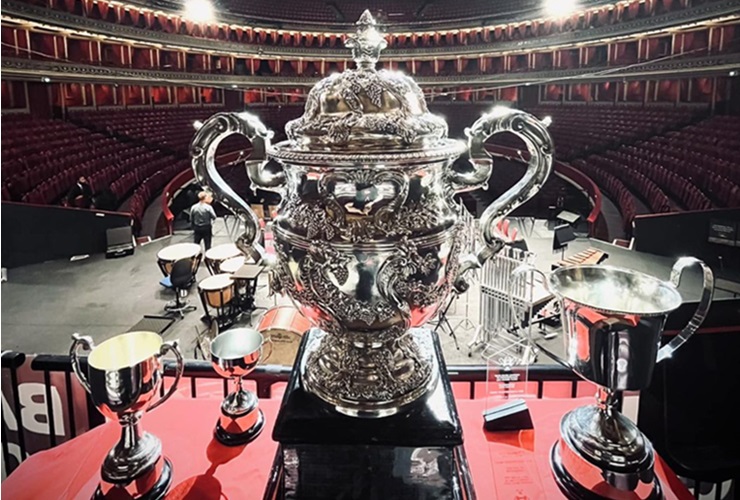
1. Gregson the ultimate winner
As has become the post-contest norm, social media was bubbling with well-made opinions and arguments, as well as ill-informed rumours and conspiracy theories.
Most though rather missed the more telling kernel of truth about the contest day.
As was heard throughout the day, not one band, including the prize winners totally mastered it. The best was certainly compelling, but also did not present unanswerable cases to claim an undisputed victory.
The undisputed winner was actually Edward Gregson’s ‘Of Men and Mountains’ – a work that provided a stark reminder of the need to re-engage with composers who have been asked to write for the medium through an appreciation of their musical intellect rather than imposed contesting necessity.
As was heard throughout the day, not one band, including the prize winners totally mastered it. The best was certainly compelling, but also did not present unanswerable cases to claim an undisputed victory. Elsewhere the standard arguably revealed either an alarming lack of quality or abundance of musical ignorance.
What his work showed more than ever was waiting another 30 years to be reminded of it will come far too late.
2. How long at the Royal Albert Hall?
The choice of music for next year’s event will also play a major part in determining the long-term financial viability of hosting the National Championship at the Royal Albert Hall.
Since Covid, Kapitol Promotions has worked hard to reignite wider audience interest in the contest, yet it is faced by factors that it can and cannot control when balancing the ambition of bands wishing to perform at an iconic venue against the escalating costs of hiring a 5,500 seat auditorium and its ancillary services.
Kapitol has its detractors, but you cannot accuse them of not trying something different
Ticket prices are not solely in Kapitol’s control, with the RAH understood to take its slice of that revenue too (as well as programme sales), whilst the attraction of listening to 20 bands of increasingly varied standard has become a much more selective audience prerogative.
Not only that: The terrible weather didn’t help either and London hotel prices as well as food and drink are becoming terrifyingly expensive.
Kapitol has its detractors, but you cannot accuse them of not trying something different – from the slightly surreal singing of the National Anthem and excellent presentation, backroom administration and volunteer staffing, to the enjoyable pre-results concert with Mike Lovatt and Whitburn (above) and the clever use of social media.
Whether or not that will be enough to drive audiences back is still open to question, but the determination to do so was certainly evident on the weekend.
3. Black Dyke’s victory
Black Dyke Band and their Director of Music Prof Nicholas Childs know full well that they enjoy both passionate support as well as ardent enmity when it comes to their contest successes.
The partnership has been written off many times before, only to return to the top of the podium. On this occasion it has taken nine years to add a domestic major title to their CV (the last European success came in 2015).
Pondashers the world over will therefore have been delighted at their sixth National victory since 2001, whilst disgruntled rivals and conspiracy theorists will stew in their juices for some time to come.
Pondashers the world over will therefore have been delighted at their sixth National victory since 2001, whilst disgruntled rivals and conspiracy theorists will stew in their juices for some time to come.
Their record at the Albert Hall also speaks volumes about their consistency together: Six wins, four times runner-up, one third and five fourth places in 20 appearances.
Only Cory can arguably better it since the turn of the Millenium, with 5 wins, five times runner-up, 10 third places, two fourths and a fifth in 23 appearances, whilst Foden’s and Brighouse are further back in terms of overall success.
This one may have come as a bit of a surprise on the day, but the signs have been there to hear in the last 12 months or so. There may well be more to come.
4. Listening habits
People’s listening habits at major championships have changed significantly over the last few years.
Long gone are the days when a thermos flask and sandwiches would fuel a marathon session of 20 performances or more. Now they very deliberately pick and choose who they listen to.
That was obvious at the Albert Hall as the Champagne Bar ebbed and flowed with causal listeners throughout the day. For significant periods it was packed (even at £3.60 for a small bottle of Coca Cola to £200 for a bottle of celebratory bubbly) before quickly emptying for the fancied runners.
Long gone are the days when a thermos flask and sandwiches would fuel a marathon session of 20 performances or more. Now they very deliberately pick and choose who they listen to.
That may seem unfair, but given that in the last three years just eight bands have claimed one of the 18 top-six places, perhaps they know better than most which are the true contenders and which are not.
Black Dyke, Foden’s, Cory and Tredegar have been in the top-six at the Albert Hall each post-covid year since 2021, whilst Brighouse and Hammonds have appeared twice.
Meanwhile, Foden’s, Cory, Tredegar and Grimethorpe have also claimed top-six places at the British Open in the two post-covid contests, with Black Dyke, Brighouse and Aldbourne on one each.
There was a time when people felt inclined to listen to more bands on a contest day, keen not to miss out on a possible winner. It tells us a great deal about the current state of elite level banding that now they know that isn’t the case.
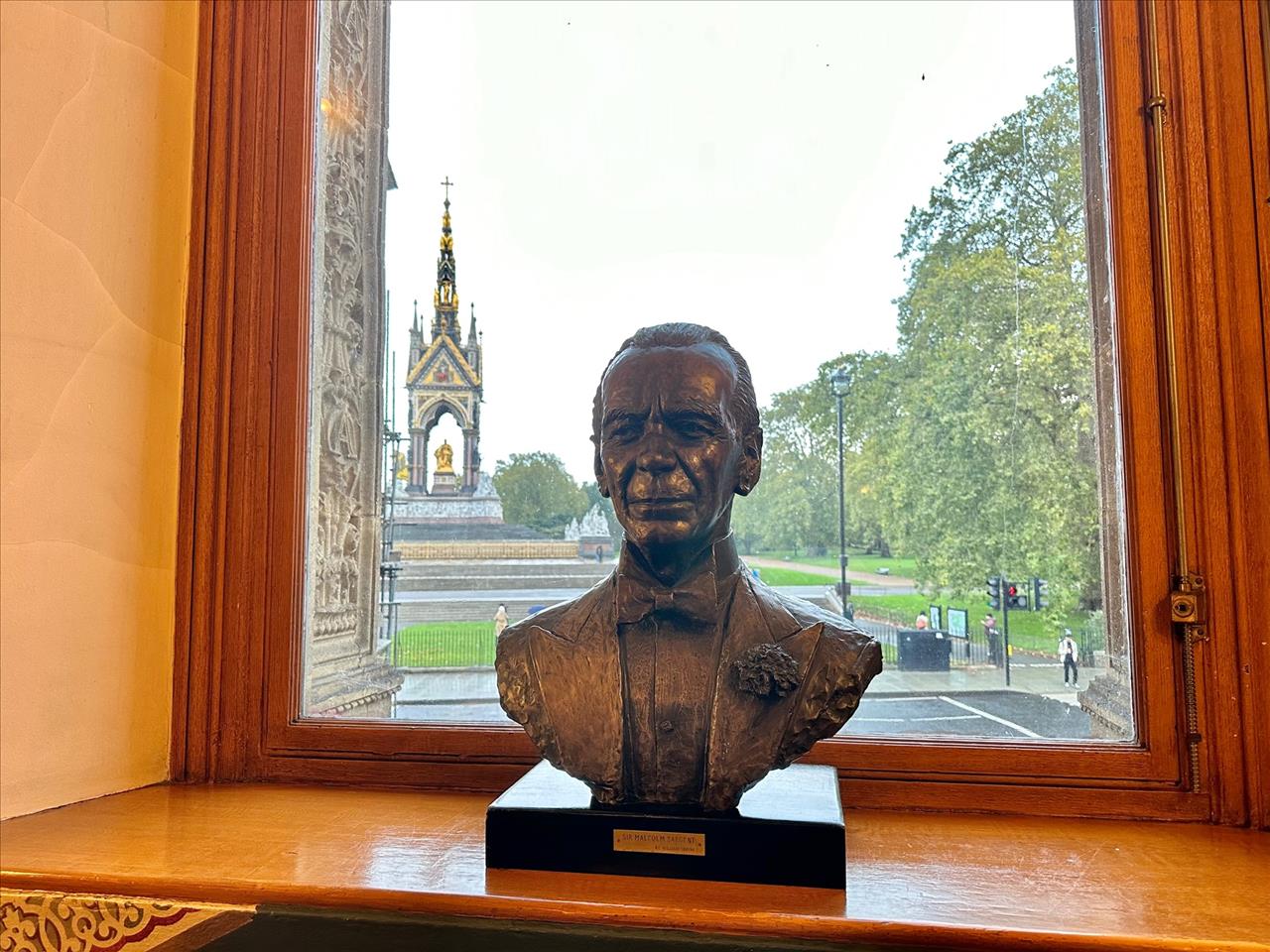
You can't quite imagine Sir Malcolm would have thrown a hissy fit about a result at the Albert...
5. Band manners
Brass band contesting has always been a subjective matter of decision making. Everyone should accept that.
However, hearing yet another petulant, foul-mouthed rant of displeasure from a band representative near the post-contest control room has become a depressingly regular occurrence in recent years at the Royal Albert Hall, British Open and Spring Festival.
If bands can’t accept the possibility of defeat, howver much you think you might deserve it, then don’t enter the contest.
Supporters, players and even conductors have reacted with boorish unpleasantness towards officials as well as adjudicators, invariably fuelled by too much alcohol and a misplaced sense of entitlement.
If bands can’t accept the possibility of defeat, however much you think you might deserve it, then don’t enter the contest.
And if your representative cannot behave in a professional manner then don’t complain either if the organisers decide they will disqualify you either.



